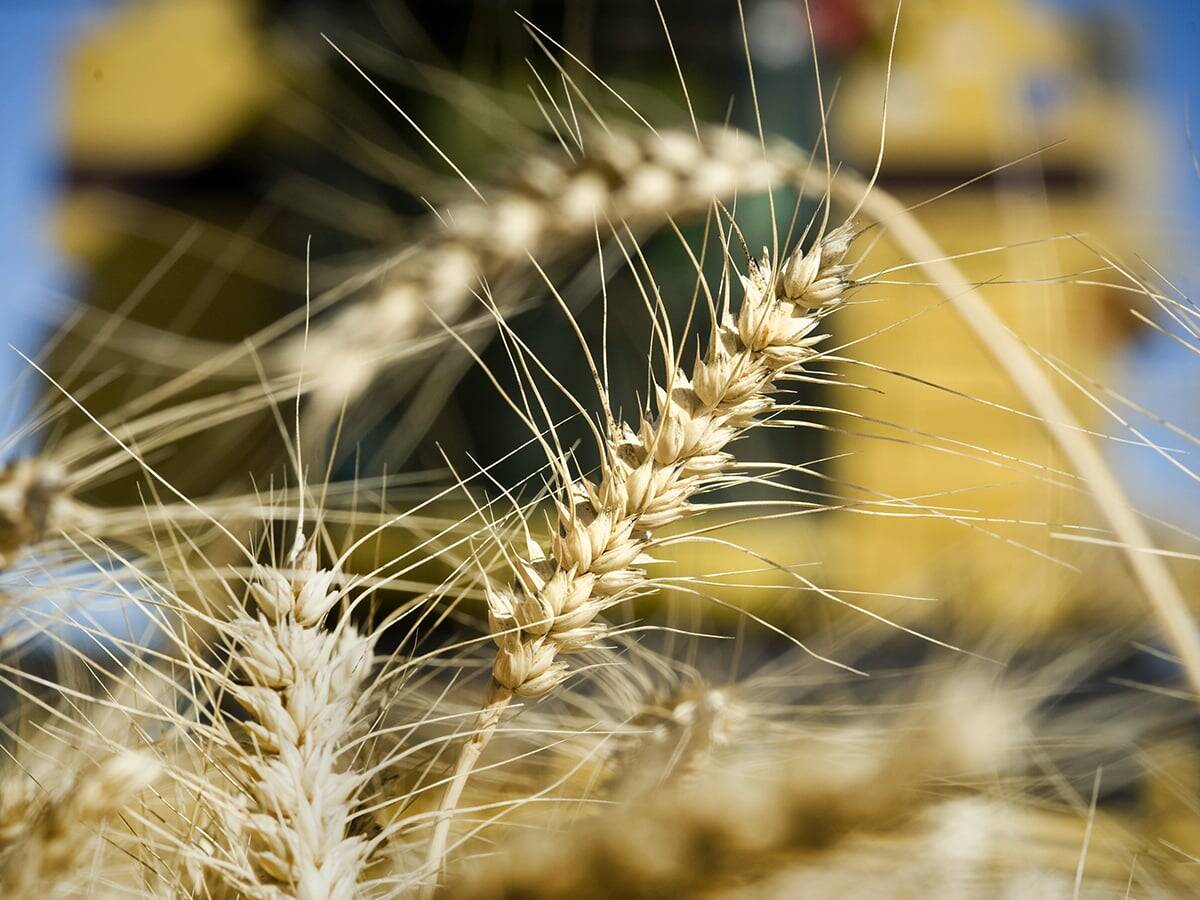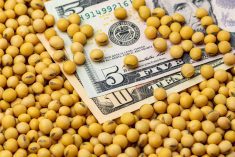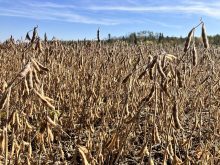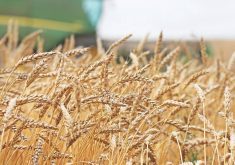Two previously-announced programs for Prince Edward Island farmers to generate energy on-farm and develop fuel crops have been fleshed out to start taking applications April 1.
The federal and provincial governments pledged a combined $9.9 million in January for a Renewable Energy Initiative and a BioEconomy Crop initiative.
The Renewable Energy Initiative will help farmers pay for energy audits and the installation of ag-based renewable energy sources and equipment, while the BioEconomy crop initiative is meant to evaluate the economic and environmental benefits of crops such as fall rye, perennial grasses and hybrid willows.
Read Also

Wheat breeding system no longer works, Canadian Wheat Research Coalition report says
A Canadian Wheat Research Coalition report, published Feb. 26, says the status quo is not an option for Canada’s wheat breeding system. It must be transformed, by farmers.
“With energy costs representing such a major concern for our most important industry, it made sense to create a renewable energy initiative tailored to agriculture,” provincial Ag Minister George Webster said in a release last week. “This is a win-win situation for producers, helping to deal with high energy costs while opening up new market opportunities.”
Applying to the Renewable Energy initiative involves a three-step process. The completion of an on-farm energy audit will determine where energy costs are incurred and identify possible efficiencies — as well as opportunities for alternative systems, whether solar, biogas, wind or biomass. The program will cover up to $1,500 per audit.
During the second phase, producers are eligible for up to $50,000 to buy and install renewable energy systems. A post-installation audit, funded by the initiative, will measure the impact on energy consumption and the environment.
Under the BioEconomy Crop initiative, meanwhile, producers and farm groups are eligible for funding from 50 to 100 per cent of eligible project costs to evaluate the environmental, economic and energy potential of biomass crops.
Funding will also be available to assist with the development of novel crops and products, the province said.















